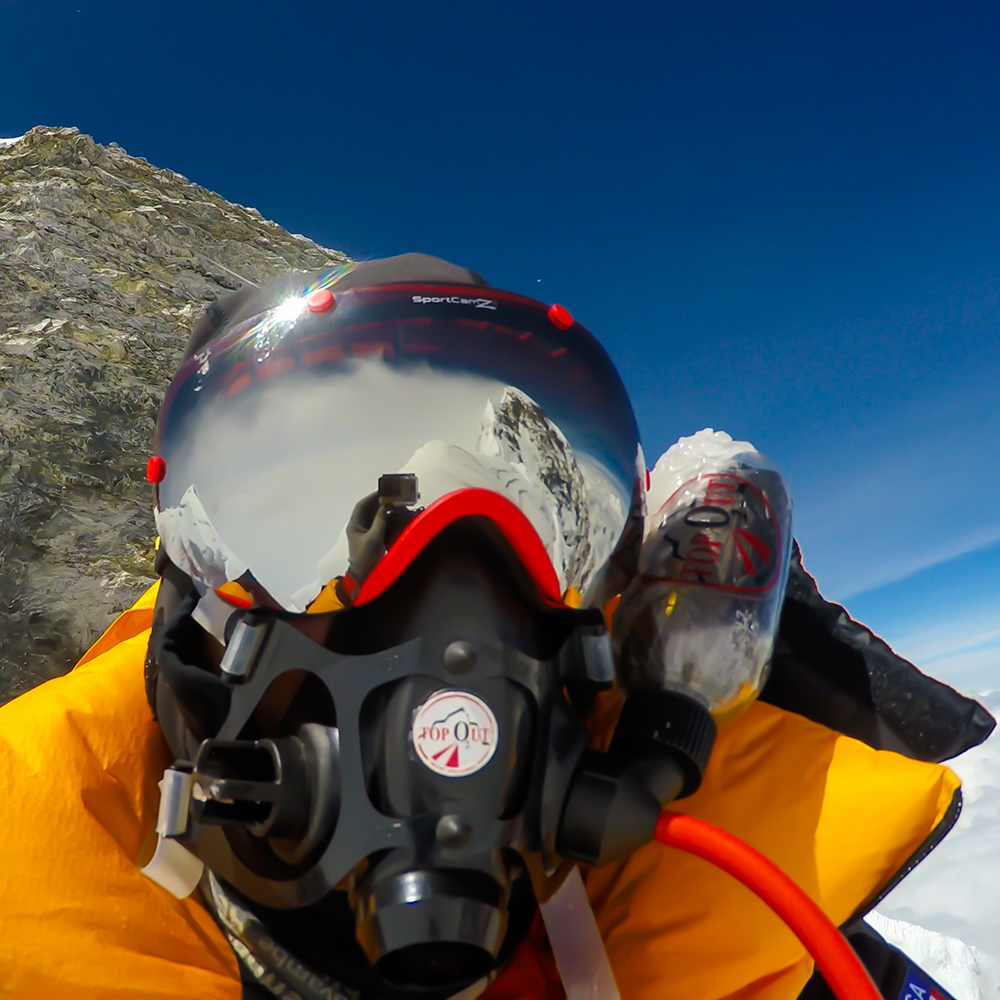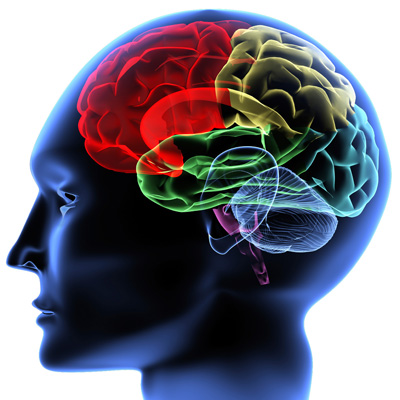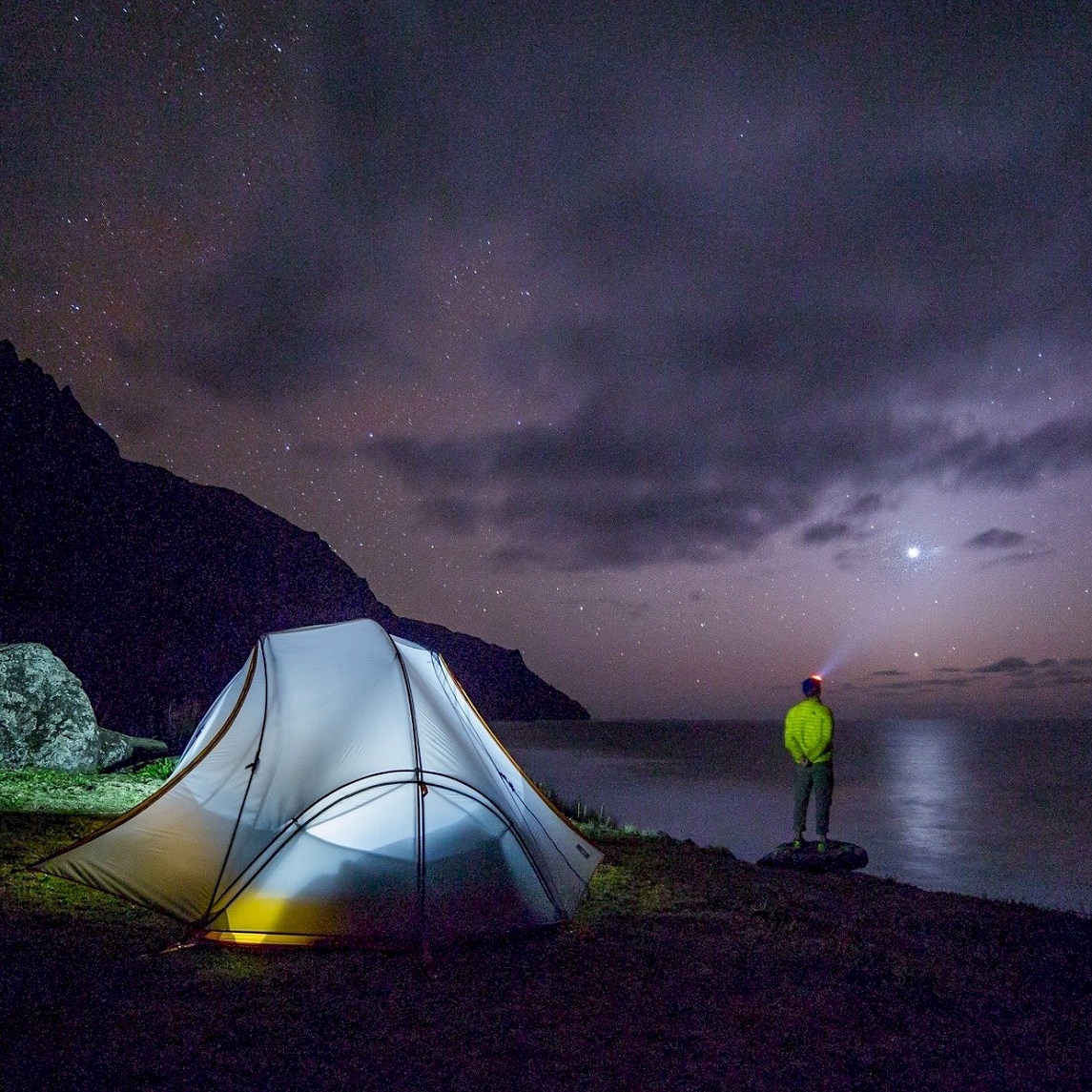New Article
Sara Ricardo Instituto de Biología Molecular de Barcelona & Gilles Mirambeau Sorbonne Université
29 October 2018
The 'lost generation' refers to mid-career researchers that, after completing many temporary positions, find themselves largely excluded from research careers. How do we address this growing issue?
Joseph J Richardson University of Melbourne & Kang Liang University of New South Wales
6 June 2018
'Bionic life' utilizes non-biological supermaterials to give organisms emergent properties outside the scope of evolution. Analogous to space suits worn by astronauts, such materials can protect an organism from harsh and toxic environments, and allow them to live off normally indigestible molecules. This technology has the potential to revolutionize areas such as the pharmaceutical industry, toxic waste remediation and space travel.
Corrado Nai Technische Universität Berlin
20 March 2018
Science is experiencing a crisis which revolves around scholarly publishing. The open access model of “pay to publish”, in which authors pay a charge to cover production and subscription costs, is increasingly shaking the traditional subscription model in which universities pay for access. Can we move away from today’s profit-driven publishing model and towards an open, shared and collaborative scientific community?
Thierry J.-L. Courvoisier University of Geneva
22 November 2017
Science, and astronomy in particular, have had a deep impact on our world view. Modern human lifestyle has led our planet to face critical challenges. Scientists have an important responsibility to help societies respond and thrive within this new reality.














